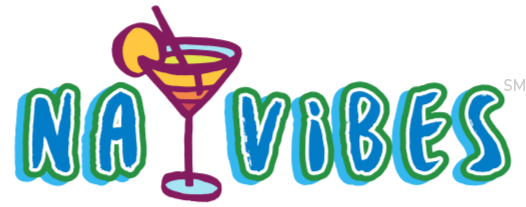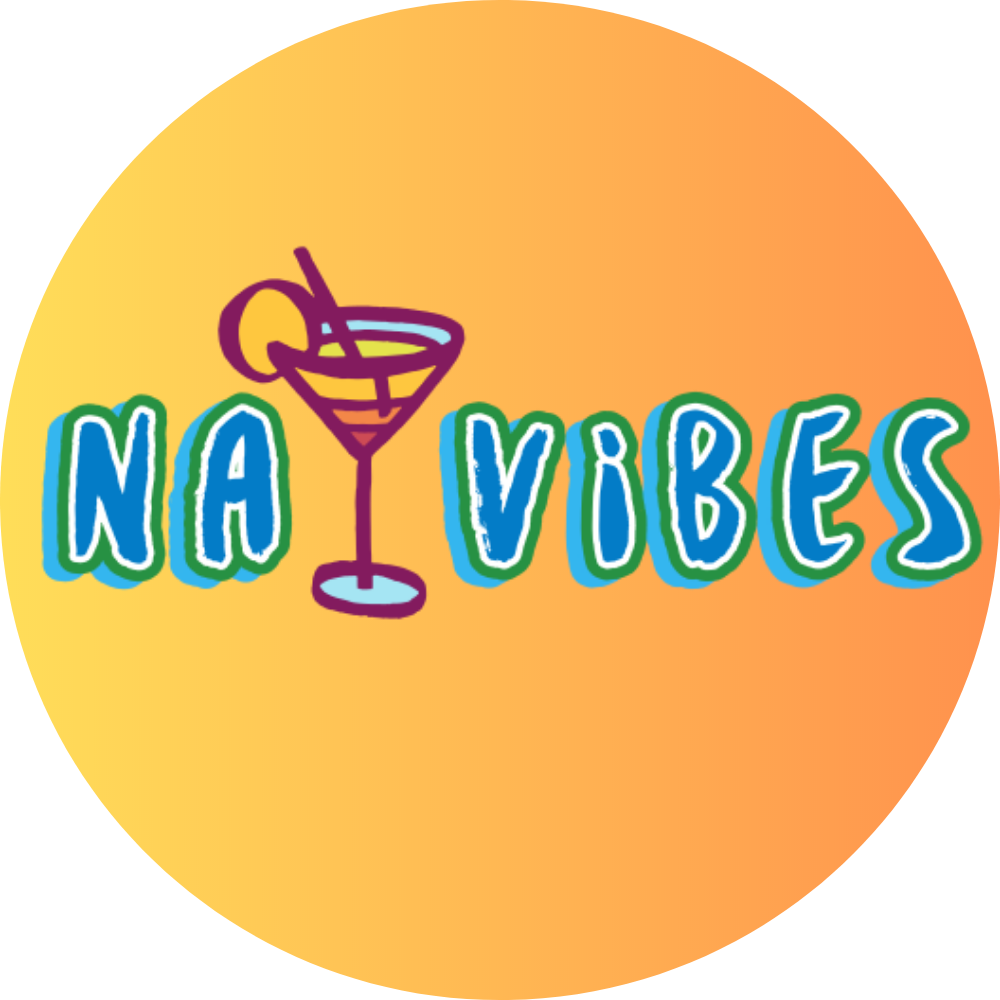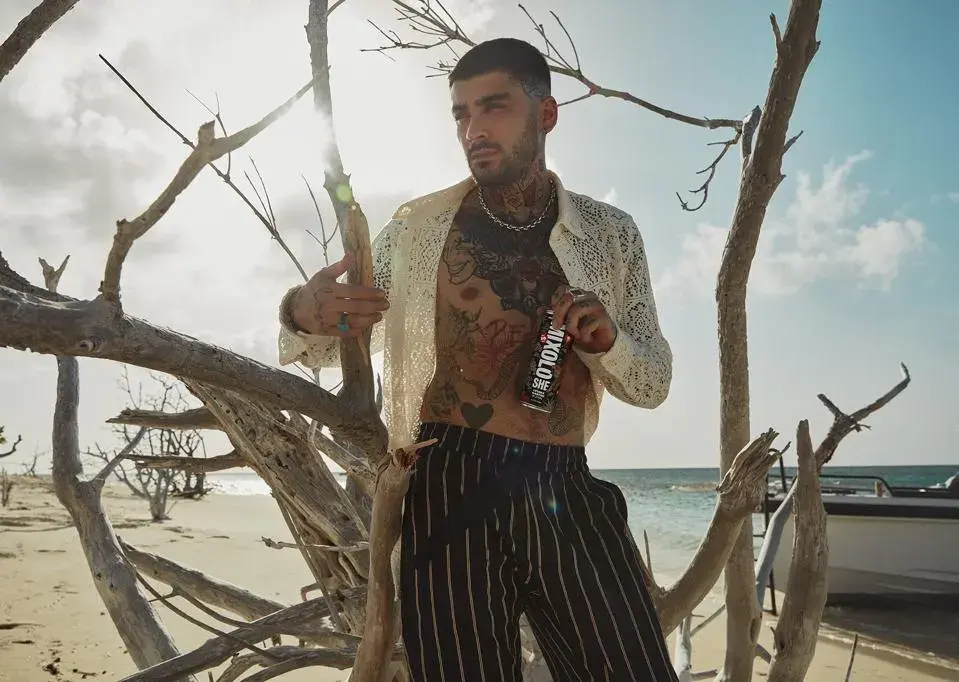Mocktails, Virgins, Non-Whiskies: Can We Settle on a Name for Non-Alcoholic Drinks Already?
- Trish Silverman

- Jan 26, 2023
- 3 min read
Updated: Jan 27, 2023
By Evan Rail for VinePair | January 25, 2023

At The Dearborn, a large-format bar and restaurant in Chicago’s Loop, beverage director Sarah Clark loves to serve customers high-quality mixed drinks that don’t contain booze. She just doesn’t like calling them mocktails.
“My preference would be ‘non-alcoholic craft beverage,’” she says. “I understand why a lot of people use the term mocktail, because it’s a simple, quick word and it gets the point across. I just think it carries a lot of negative connotations, because to mock something is never a positive take on it.”
That might be true, but her preferred term also has some downsides. With either eight or nine syllables, depending on how fast you spit out the last word, “non-alcoholic craft beverage” is too long for many situations (think noisy bars where orders are being shouted and printed menus with limited space for text). Moreover, it’s not exactly universal, which means at least some customers will have to have it explained to them, possibly more than once. But at least the included mention of “craft” points to the skill and knowledge that are required to make a great mixed drink without alcohol, a connotation that is entirely absent in “mocktail.”
“It’s actually a lot more complex to create a non-alcoholic beverage that provides the same qualities as something with a spirit in it,” she says. “If you’re making a crafted beverage, it’s not just sugar and some juice. You want to actually have all the properties of a balanced cocktail, without the alcohol. You have to work in your own viscosity at some point. It takes a lot of thought and time and effort to create something that checks all the boxes without delivering any alcohol.”
A Branding Boom
Those kind of well-balanced, rewarding non-alcoholic drinks are clearly experiencing a boom: 52 percent of drinkers say they are replacing alcohol with non-alcoholic beverages, a recent consumer survey found, while some 49 percent of bartenders are curious about non-alcoholic cocktails, according to the Bacardi 2023 Cocktail Trends Report.
They certainly have plenty of fun new ingredients to work with. Unlike just a decade ago, drinkers and drink makers now have access to an array of interesting bottles that don’t contain alcohol, from brands like Seedlip, founded in 2014, to newer arrivals like De Soi, launched by Katy Perry last spring. And yet the drinks industry is still figuring out what to call these beverages. Seedlip calls itself a “non-alcoholic spirit,” which is an oxymoron, at least if you’re going by dictionary definitions; meanwhile Monday, another brand, IDs itself as “zero-alcohol gin,” which is less self-contradictory. Other brands use various terms, with very little common ground.
In bars, there’s a similar lack of cohesion in what made-to-order drinks without alcohol are called. To many contemporary drinkers, a “virgin” cocktail sounds outdated and cringe, though it is certainly still in use. As Clark points out, “mocktail” can sound like it’s mocking something. “Zero proof” has adherents in some regions, while “free spirits” (which is actually a brand name) and “spirit-free” are used for NA mixed drinks elsewhere.
With the expanding interest in non-alcoholic and low-octane drinks, even insiders can find themselves out of the loop. When I recently referred to a low-ABV mixed drink as a “shim,” one bartender told me they’d never heard the term, despite more than three decades behind the stick.
The helter-skelter nature of what these drinks are called is not exactly a plus. Consumers are less likely to buy drinks when they can’t figure out how they’re supposed to ask for them. And if every bottle of non-alcoholic spirit goes by a different term and every bar lists its non-alcoholic cocktails under its own unique turn of phrase, no one should be surprised if guests just order Diet Cokes instead.
Not Not-Something
Not every naming convention is being tried out for the first time. Just in time for Dry January, rye whiskey brand WhistlePig released two takes on an RTD beverage it’s calling Orange Fashioned Cocktail. The version with alcohol contains 35 percent by volume — in line with the average made-to-order Old Fashioned — and is labeled “Wet,” while the alcohol-free version is stamped “Dry,” a throwback to the most common terms for those for and against booze that dates to the 19th century. (To further differentiate the products, the Wet Orange Fashioned has a black label, while the NA version has a white label, which you can interpret as you like.) With “wet” and “dry” still being used to describe counties and towns across the country, those terms should be easy for consumers to understand.
Read full article here: https://vinepair.com/articles/names-for-non-alcoholic-drinks/
Our advocacy for NA awareness is partially funded by purchases from our site. As an affiliate marketer, we may earn a small commission at no cost to you.







Comments